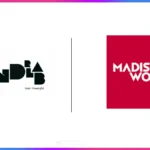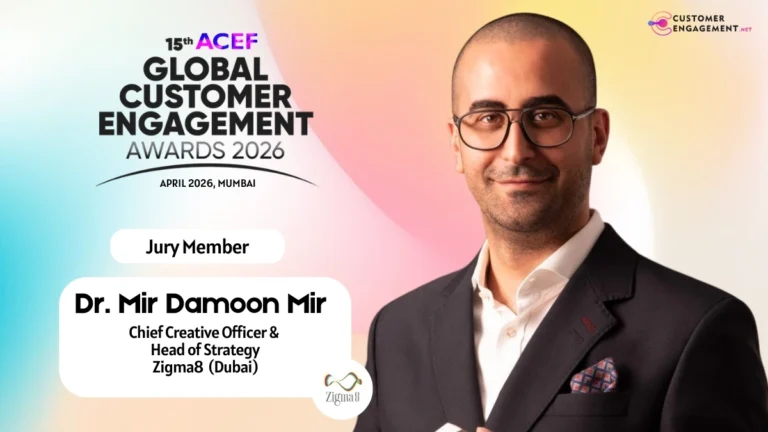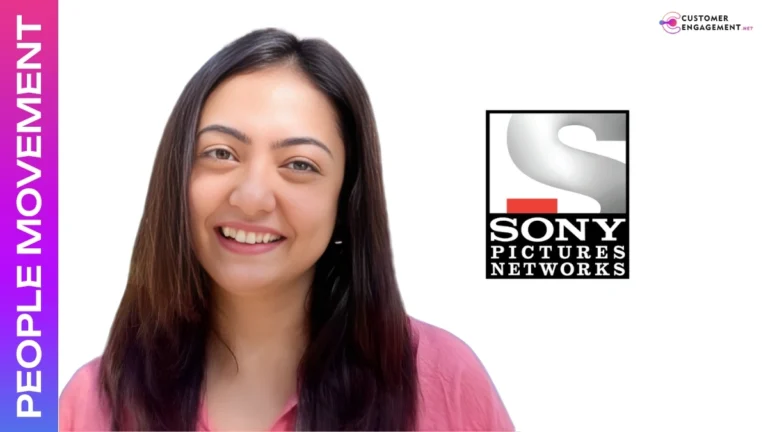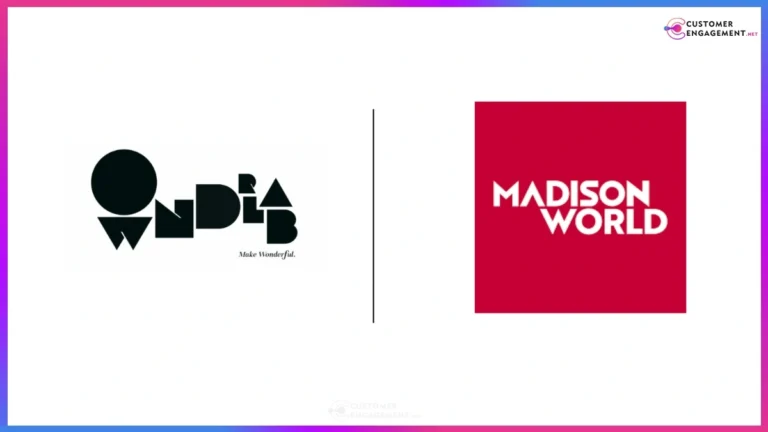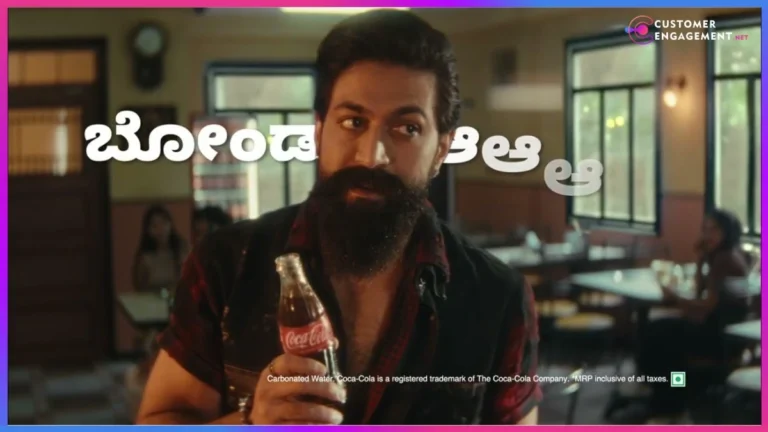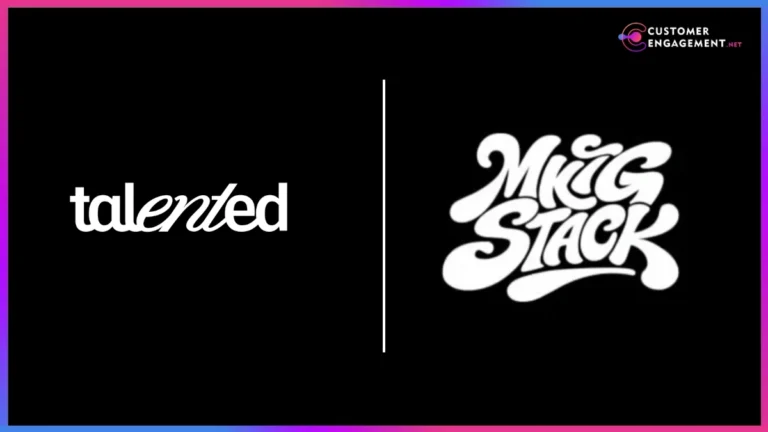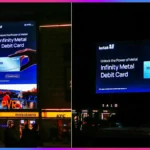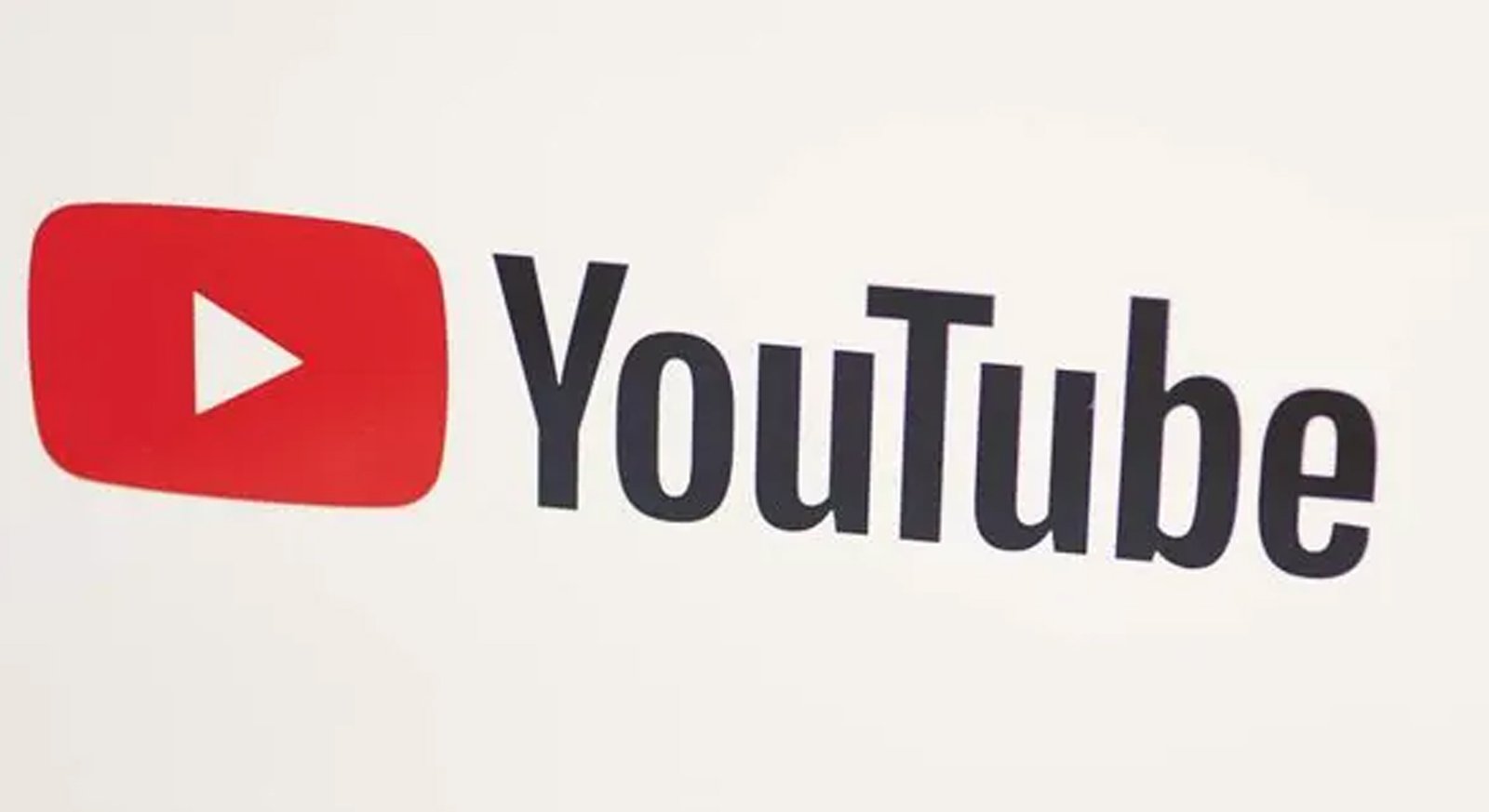
YouTube updates monetization rules to restrict channels using AI-generated voices without human commentary, aiming to boost content quality.
YouTube is introducing strict new guidelines that directly impact content creators relying heavily on AI-generated voices. Under these updated policies, channels that use AI narration without significant human commentary are at risk of losing their monetization privileges under the YouTube Partner Program (YPP). This move is part of YouTube’s broader effort to preserve content quality, authenticity, and viewer trust.
The platform has witnessed a massive surge in AI-driven content, with thousands of channels using synthetic voices to mass-produce videos. While some creators use these tools effectively, others rely solely on AI narration with minimal human involvement, leading to repetitive and low-engagement content. With these new rules, YouTube aims to curb such practices and prioritize human creativity and value-driven storytelling.
According to the update, AI-generated voices are not outright banned. However, to qualify for monetization, creators must add original human input — such as commentary, opinions, storytelling, or analysis. This ensures the content adds genuine value and doesn’t come across as spammy or mass-produced by bots.
The change could have a significant impact on AI channels in niches like news, summaries, listicles, and explainers, where AI narration has become common. YouTube is encouraging creators to pivot toward more engaging, authentic content that reflects human creativity. Those who fail to comply may see their ads turned off, monetization paused, or even be removed from the YPP altogether.
This policy shift signals YouTube’s continued focus on enhancing content quality across the platform. It also reflects growing concerns around AI misuse in digital media, where synthetic content can flood the algorithm, drown out real creators, and mislead viewers.
In short, creators can still use AI — but it must support, not replace, genuine human storytelling. The message is clear: the future of monetized content on YouTube is human-first.




